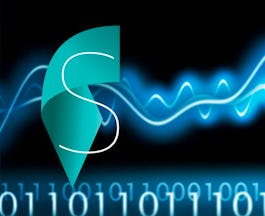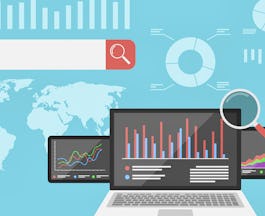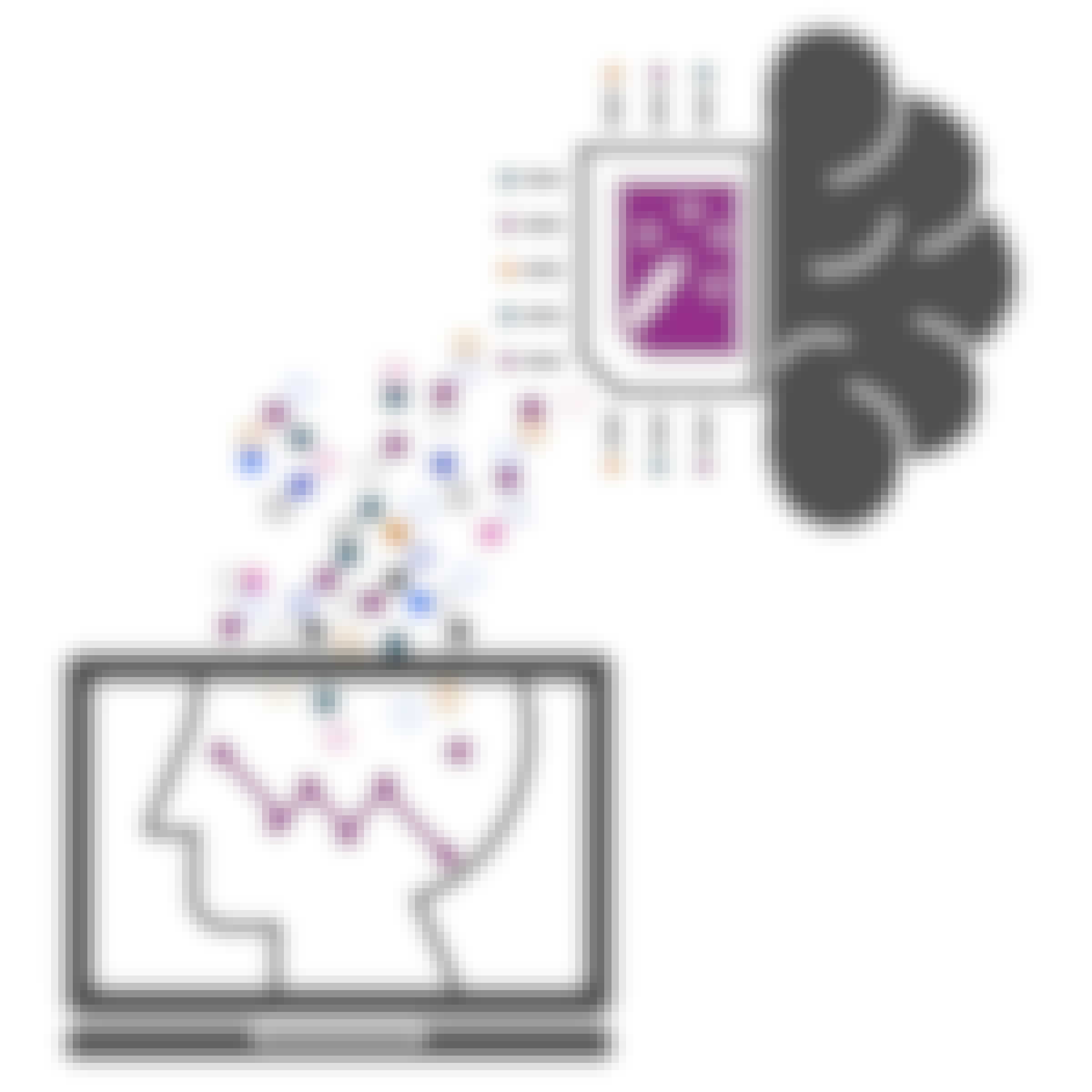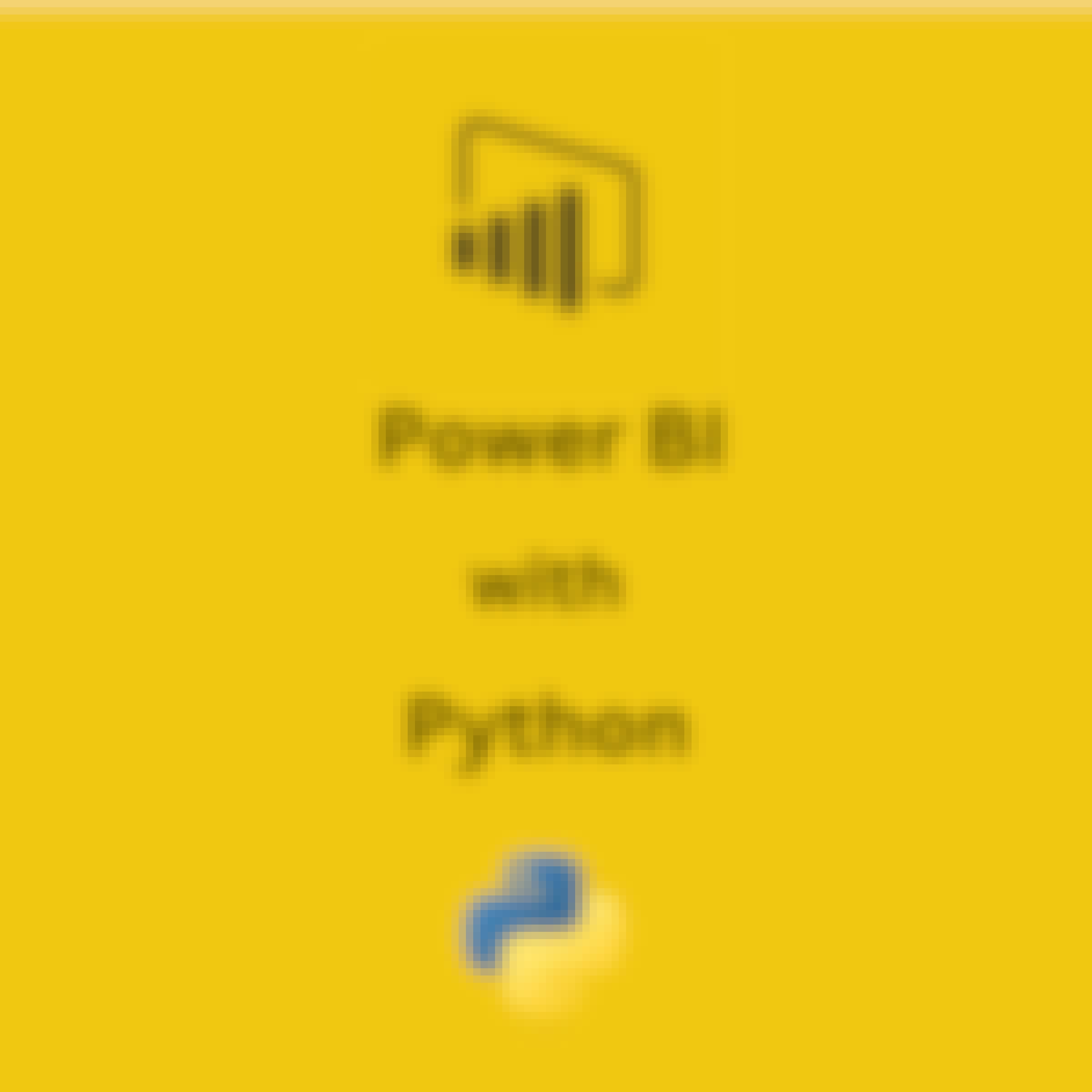Filter by
The language used throughout the course, in both instruction and assessments.
1,356 results for "real analysis"

University of Pennsylvania
Skills you'll gain: Data Analysis, Business Analysis, Probability & Statistics, Statistical Analysis, Leadership and Management, Basic Descriptive Statistics, Exploratory Data Analysis, Financial Analysis, Forecasting, Data Model, Mathematics, Performance Management, Strategy, Accounting, Customer Analysis, Human Resources, Human Resources Operations, Market Analysis, Market Research, Marketing, Mathematical Theory & Analysis, Operations Management, Operations Research, Organizational Development, People Analysis, People Management, Spreadsheet Software, Talent Management, Financial Accounting, People Development, Collaboration, Finance, Regulations and Compliance

École Polytechnique Fédérale de Lausanne
Skills you'll gain: Mathematics, Mathematical Theory & Analysis, Algebra, Linear Algebra, Plot (Graphics), Algorithms, Applied Mathematics, Critical Thinking, Calculus

University of California, Davis
Skills you'll gain: Marketing, Search Engine Optimization, Digital Marketing, Strategy, User Experience, Customer Analysis, Social Media, User Research, Web Development, Market Analysis, Data Analysis, User Experience Design, Web Development Tools, Algorithms, Brand Management, Critical Thinking, Market Research, Media Strategy & Planning, Audit, Web Design

Coursera Project Network
Skills you'll gain: Data Science, Data Visualization, Machine Learning, Python Programming, Regression
 Status: Free
Status: FreeAmerican Museum of Natural History
 Status: Free
Status: FreeUniversiteit Leiden

University System of Georgia
Skills you'll gain: Operational Analysis, Process Analysis, Business Analysis, Critical Thinking, Data Analysis, Probability & Statistics, Business Process Management, General Statistics, Performance Management, Planning, Risk Management

ESSEC Business School
Skills you'll gain: Business Analysis, Leadership and Management, Strategy and Operations, Market Analysis, Marketing, Strategy, Business Process Management, Forecasting, Media Strategy & Planning, Operations Management, Performance Management

Skills you'll gain: Business Analysis, Business Intelligence, Cloud Applications, Interactive Data Visualization, Application Development, Business Development, Data Model, Power BI, Software As A Service, User Experience Design, Data Analysis, Data Visualization

Johns Hopkins University
Skills you'll gain: Probability & Statistics, Experiment, Data Analysis, General Statistics, Data Management, Leadership and Management

Wesleyan University
Skills you'll gain: Computer Programming, Data Analysis, Data Management, General Statistics, Human Learning, Leadership and Management, Machine Learning, Python Programming, Regression

Coursera Project Network
Skills you'll gain: Power BI, Python Programming
In summary, here are 10 of our most popular real analysis courses
- Business Analytics: University of Pennsylvania
- Digital Signal Processing: École Polytechnique Fédérale de Lausanne
- Search Engine Optimization (SEO): University of California, Davis
- Regression Analysis with Yellowbrick: Coursera Project Network
- Marine Biology: American Museum of Natural History
- Terrorism and Counterterrorism: Comparing Theory and Practice: Universiteit Leiden
- Six Sigma Tools for Analyze: University System of Georgia
- Hotel Management: Distribution, Revenue and Demand Management: ESSEC Business School
- Microsoft Power Platform Fundamentals: Microsoft
- Data Science in Real Life: Johns Hopkins University










